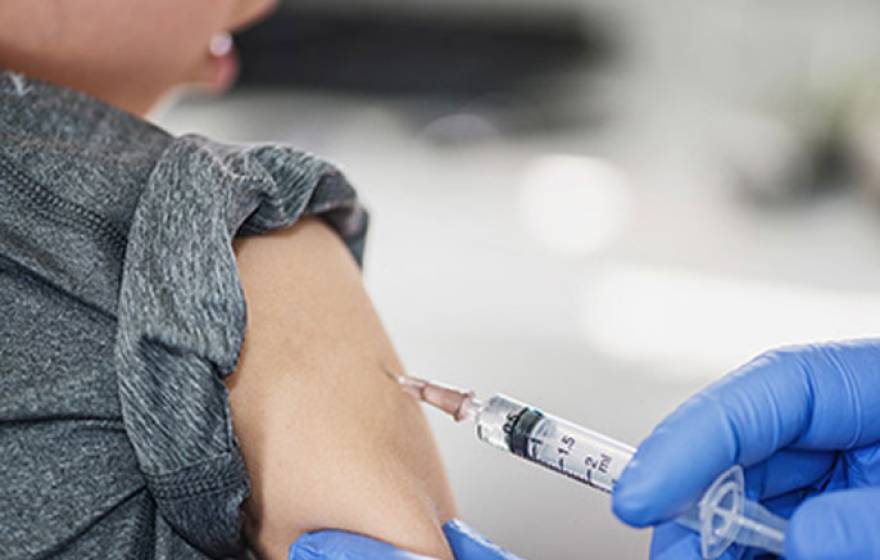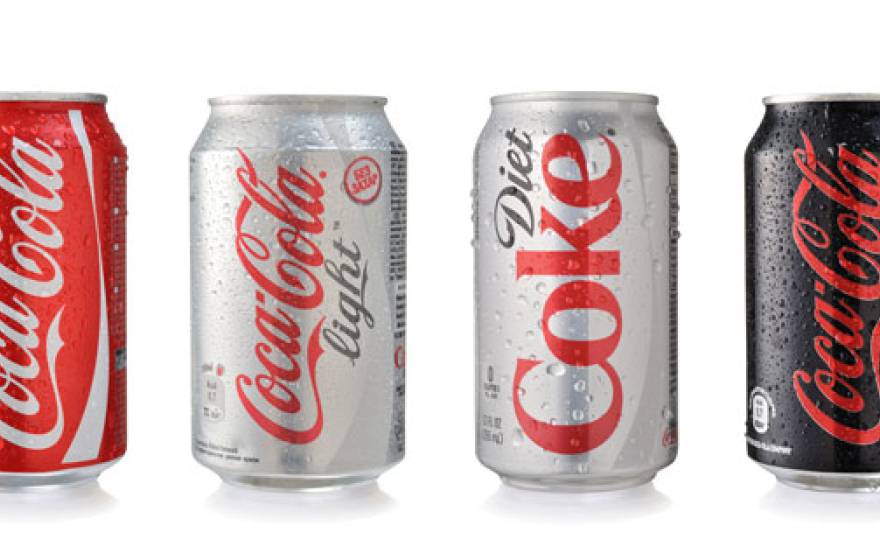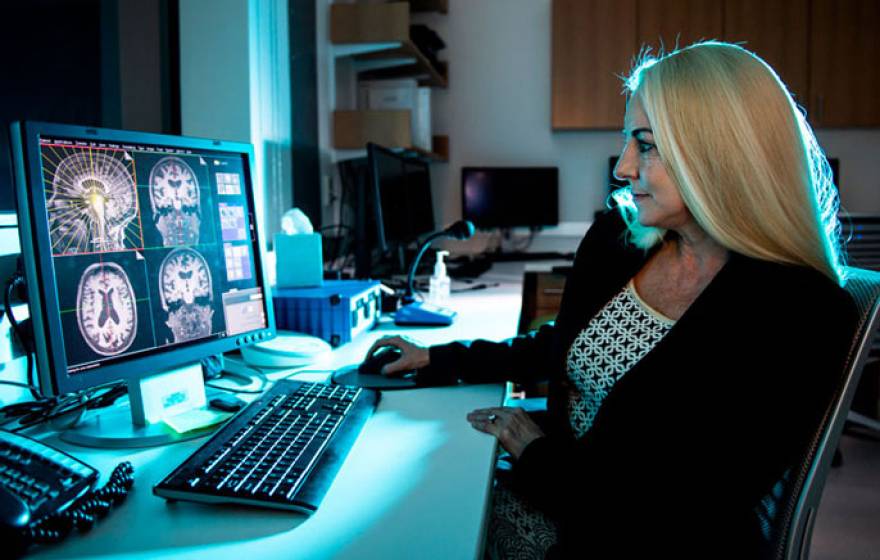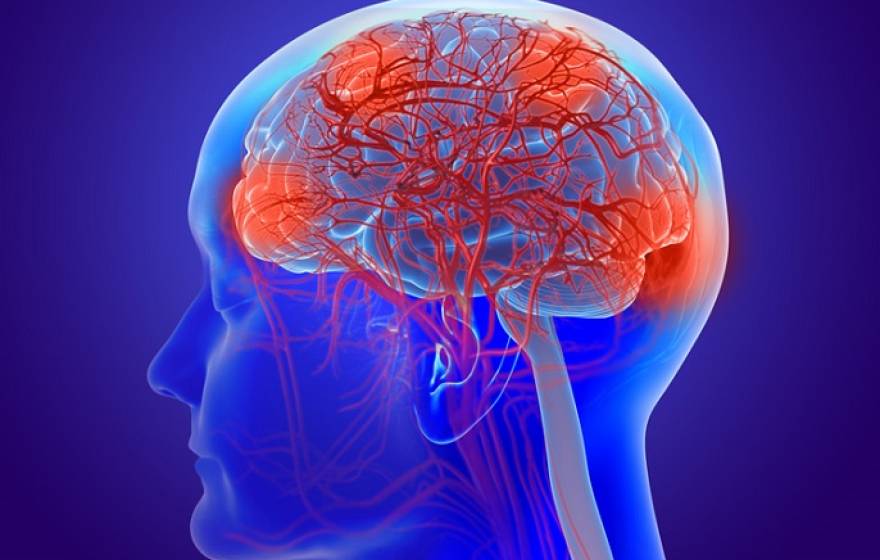Lower administrative and drug costs would be main drivers of cost savings, new study says.
Your biggest daily exposure to air pollutants comes while driving your car to work
Learn the best combinations of fan speed and ventilation mode to protect your respiratory health.
A better flu shot could be on the horizon
Biomolecular engineer Rebecca DuBois is collaborating on a large NIH project to create a universal vaccine for influenza.
New helmet design can deal with sports’ twists and turns
UC Berkeley neurologist Robert Knight has designed a helmet that can absorb blows today's helmets don't protect against.
Putting gene therapy in reach
A disruptive new technology could bring cellular engineering and its lifesaving potential to more people.
E-scooters show alarming spike in injuries
Hospital admissions quadrupled in last four years, UCSF study finds, mainly in young adults.
UC San Diego doctors come together to save eyesight of 3-year-old gorilla
Mother and child receive treatment together as medical team assists in surgery to remove cataract caused by trauma.
Diet soda may be hurting your diet
Evidence suggests that artificial sweeteners are linked to chronic issues like obesity and diabetes. Should they be taxed?
Brain scans could flag children’s future mental health problems
The findings could pave the way for earlier, more effective diagnoses of attention deficit disorder and more.
Zika vaccine protects fetus in pregnant monkeys
An experimental Zika vaccine shows promise for preventing mother-to-fetus transmission of the virus.
Have you found meaning in life? Your answer influences your health and well-being
A new study examines meaning in life and its relationship with physical, mental and cognitive functioning.
Drugs that quell brain inflammation reverse dementia
‘We can reverse brain aging,’ says UC Berkeley biologist Daniela Kaufer.











